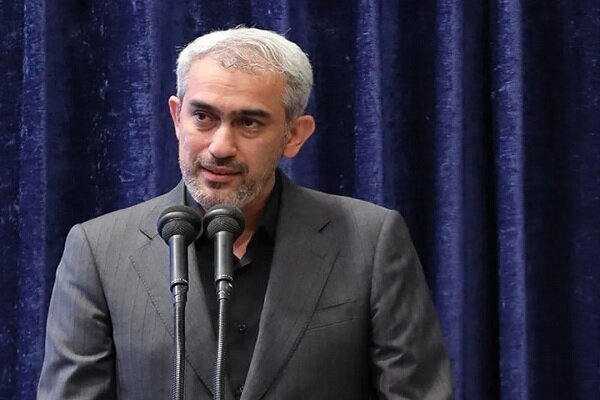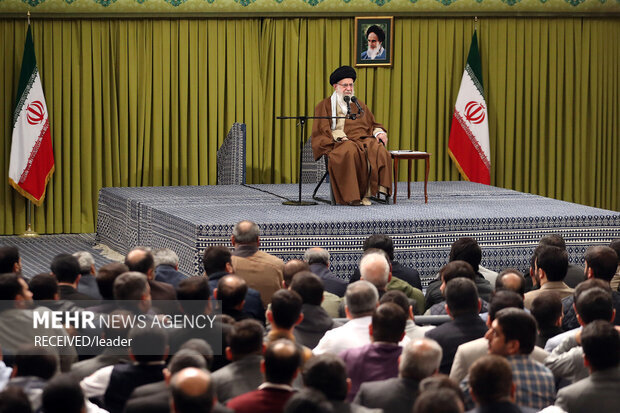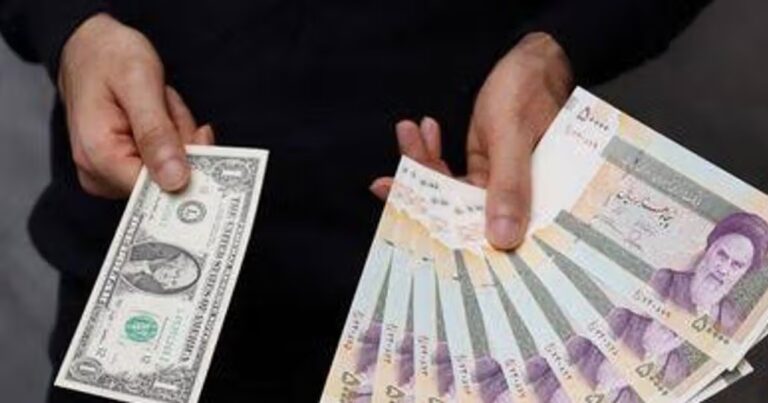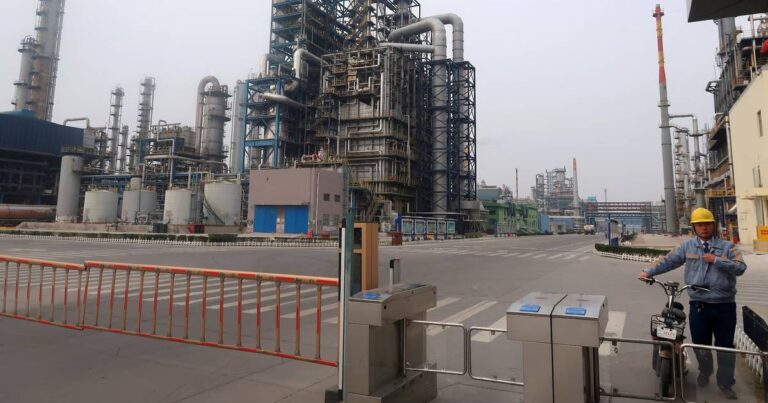
Similar Posts

Iran Prioritizes Military Pay Amid Looming War, Leaving Citizens to Struggle
Ordinary Iranians are enduring severe economic hardships due to escalating tensions with the U.S. and Israel, compounded by the Iranian government’s prioritization of military spending over public welfare. Economic indicators reveal a dramatic decline: the currency has lost half its value, unemployment exceeds 70%, and inflation has surpassed 40%, with food prices soaring by 100%. Experts criticize President Pezeshkian for failing to address the crisis, particularly through military budget adjustments. Additionally, Iran faces challenges from U.S. sanctions on its vital oil industry, which threaten to worsen economic conditions and provoke public unrest similar to past protests.

Unveiling Iran’s Lithium Reserves: The Truth Behind the Myths
Recent reports from Iran’s Ministry of Industries have reignited discussions about the country’s lithium resources, leading to misleading claims on social media about Iran’s ranking in global lithium reserves. While significant lithium concentrations have been identified in areas like Qom Salt Lake, actual deposits are much smaller than those of leading producers. An official indicated that Iran’s lithium yield is only about 500–600 tons, contrasting sharply with exaggerated claims of possessing 20% of the world’s reserves. As global lithium demand grows, understanding Iran’s true lithium potential is crucial for investors and policymakers amid ongoing economic challenges.

BRICS Leader Advocates for Transition to Alternative Financial Systems, Moving Away from the Dollar
Ayatollah Seyyed Ali Khamenei met with economic activists, entrepreneurs, and producers to discuss the Iranian economy’s resilience amid sanctions. He praised the private sector’s progress and emphasized the role of media in promoting national achievements. Khamenei acknowledged the economic challenge of dollar dependence and highlighted the potential benefits of the BRICS financial system for diversifying currency use. The meeting underscored the need for collaboration among various sectors to navigate economic challenges and explore alternative strategies. Khamenei’s insights aim to foster unity and innovation, paving the way for a more self-sufficient and robust Iranian economy.

US Blames Sanctions for Devaluation of Iran’s Currency
Iran is facing severe economic turmoil, largely attributed to US sanctions that have caused the rial to plummet to record lows against the dollar. The US State Department has highlighted how these sanctions hinder Iran’s budget adherence and access to essential goods and technology, exacerbating soaring inflation and diminishing citizens’ purchasing power. Additionally, Iran is grappling with critical energy shortages, leading to frequent power outages. The Iranian government’s struggle to manage these crises raises concerns about its effectiveness, while critics argue that sanctions have inadvertently allowed China to increase imports of sanctioned Iranian oil, questioning the sanctions’ overall efficacy.

Iran’s Mineral Exports Surge Past $9 Billion in Just 9 Months, Reports IMIDRO
Iran’s mining and mineral sector demonstrated resilience in 2024, exporting over 46 million tons of products valued at $9.9 billion, a 1% increase from the previous year. The Iranian Mines and Mining Industries Development and Renovation Organization (IMIDRO) reported that during the first nine months of 2023, exports reached $9.829 billion, indicating robust international demand. The sector also imported over three million tons valued at $8.820 billion. Factors driving this growth include increased global demand, product diversification, and technological advancements. The government supports this sector, aiming for economic diversification and foreign investment attraction.

China Halts Iran Oil Orders Amid U.S. Sanctions: Impact on Teapot Industry
Small Chinese refineries, known as “teapots,” are exercising caution regarding new orders of Iranian crude oil due to recent US sanctions on Shouguang Luqing Petrochemicals. Since March 20, no new deals for Iranian crude have been reported, highlighting uncertainty among these refineries. While Chinese imports of Iranian oil may increase in March, the sanctions create risks for financing and operational capabilities. Despite a significant decline in Iranian oil deliveries to China earlier this year, some sanctioned tankers have still discharged cargoes at Chinese ports, raising questions about sanction enforcement. Overall, the situation remains complex and precarious for both Iranian suppliers and Chinese refineries.